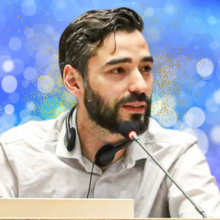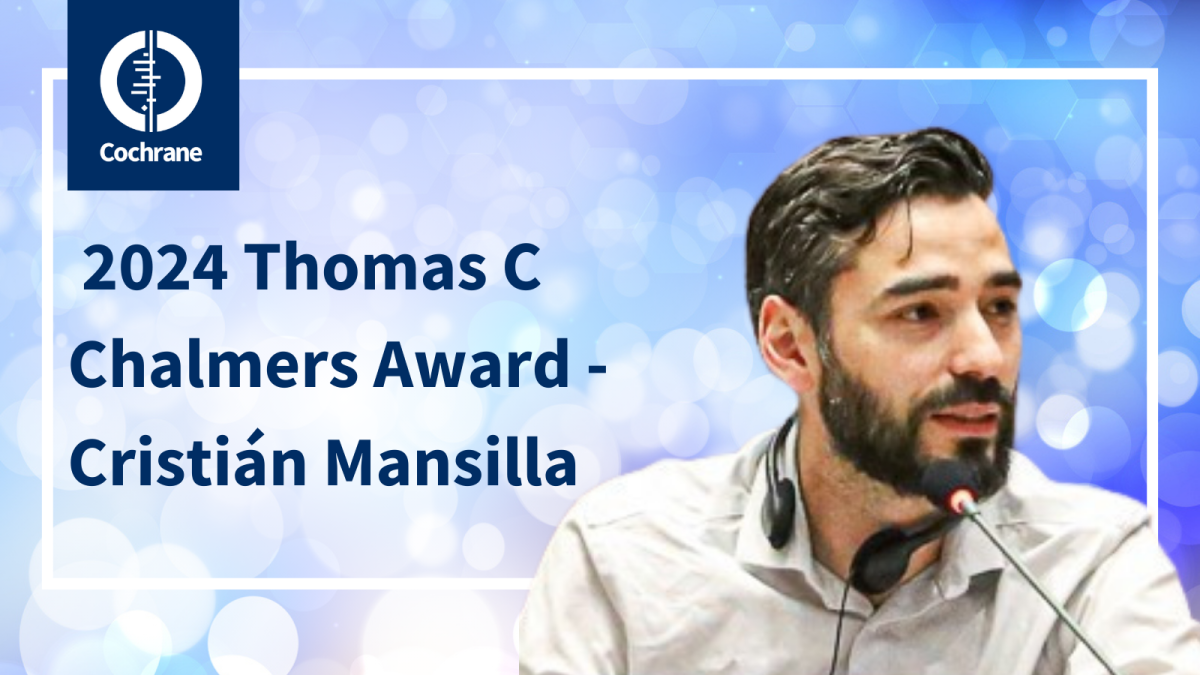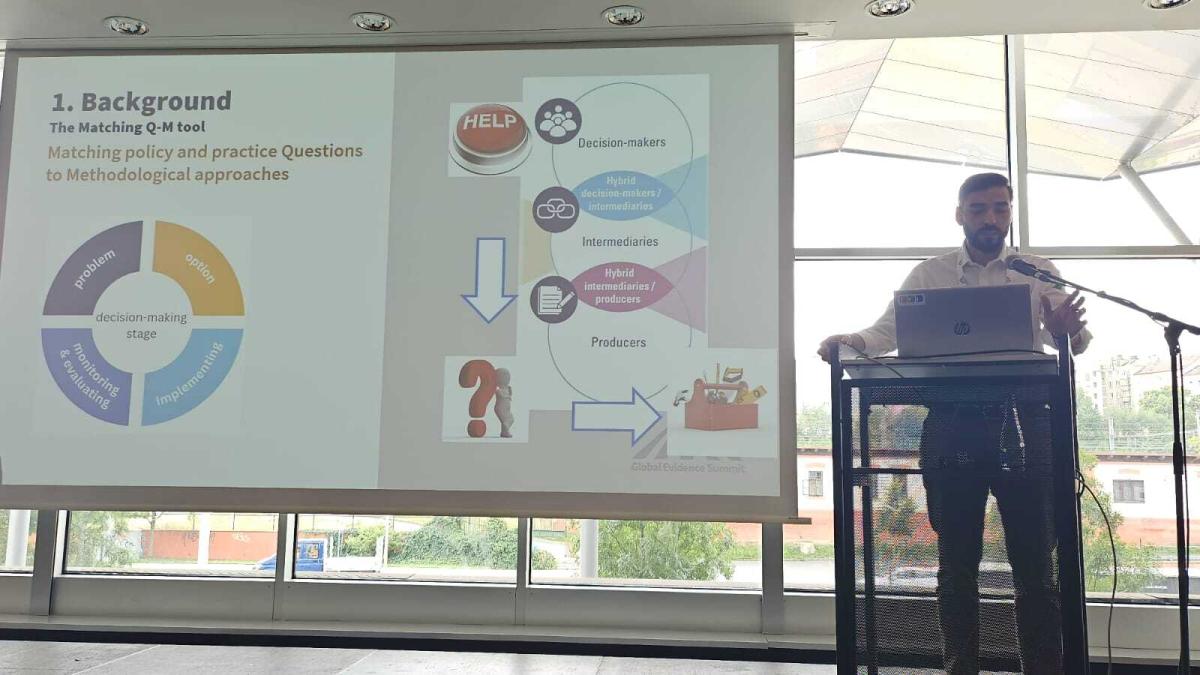
Dr Tom Chalmers was an outspoken advocate of randomised trials, whether at the bedside, at professional meetings, in class or in situations pertaining to his own life. His creativity spanned his entire career, influencing clinicians and methodologists alike. He is perhaps best known for the notion ‘randomise the first patient’, his belief that it is more ethical to randomise patients than to treat them in the absence of good evidence. In his later years, in arguably his most important work, Tom and his colleagues showed that had information from RCTs been systematically and cumulatively synthesised, important treatments such as thrombolytic therapy for myocardial infarction would have been recognised as useful much earlier.
The Thomas C Chalmers Award was initiated by Tom Chalmers himself and further supported with individual donations from friends and family to celebrate and recognise Tom's interests and achievements. The prize is awarded to an early career investigator presenting on methodological issues at the Cochrane Colloquium or the Global Evidence Summit. The presentations must demonstrate originality of thought, high-quality science, relevance to the advancement of the science of systematic reviews and clarity of presentation.
The Thomas C Chalmers Award for Best Long Oral Presentation goes to Cristián Mansilla, Researcher, McMaster University and Research Consultant, the World Bank Group.

Cristián won for his long oral presentation at the Global Evidence Summit called Matching policy and practice questions to methodological approaches: a novel tool to support the achievement of the Sustainable Development Goals.
The presentation discusses a novel tool developed to support the achievement of the Sustainable Development Goals (SDGs). The tool, referred to as the "Matching Q-M tool," aims to align decision-makers' needs with appropriate research methods, bridging the gap between evidence supply and demand.
The background emphasizes the importance of formulating research questions that address decision-makers' needs. This misalignment between the questions posed by decision-makers and the frameworks used by researchers is one of the primary motivations behind the development of the tool.
The methodology involves a global cross-sectional study, where units supporting decision-makers provided a list of questions, followed by iterative analysis to classify these questions. The second phase included a Delphi study, where experts agreed on the best study designs for each question type. This process helps identify appropriate methodological approaches for various research queries.
Results show that the tool has successfully facilitated clarifying complex policy questions, embedding evidence in project design, and supporting the development of research agendas. It has proven useful in translating decision-making needs into research questions that can inform policies effectively. The tool also focuses on accelerating progress toward the SDGs by transforming critical challenges into research questions.
In conclusion, the Matching Q-M tool supports decision-makers by ensuring that their questions are addressed with appropriate methodologies, contributing to the broader goal of achieving the SDGs by 2030.

We interviewed Cristián to gain insight into his thoughts on the significance of this prestigious recognition.
Can you briefly summarize what your presentation is about?
The presentation introduces the Matching Q-M tool, an innovative approach to connect research production with decision-making needs, and its role in strengthening the role that the research community could have in accelerating the achievement of the SDGs.
What does this award mean to you personally?
I receive this award with great honor and humility. While this is certainly an amazing achievement for my professional career, there is significant room for ensuring that our global actions to achieve the SDGs are supported by the best available evidence. I believe my presentation provided an innovative thinking on how the research community can contribute to this global goal.
Do you have any advice for colleagues considering entering for this award in the future? Any tips for their presentation?
I would say that the most important thing is to convey a message that is also connected to your passion. While the visual aids and presentation techniques are useful, nothing is going to replace the fact that you wholeheartedly believe in the message that is being presented.

